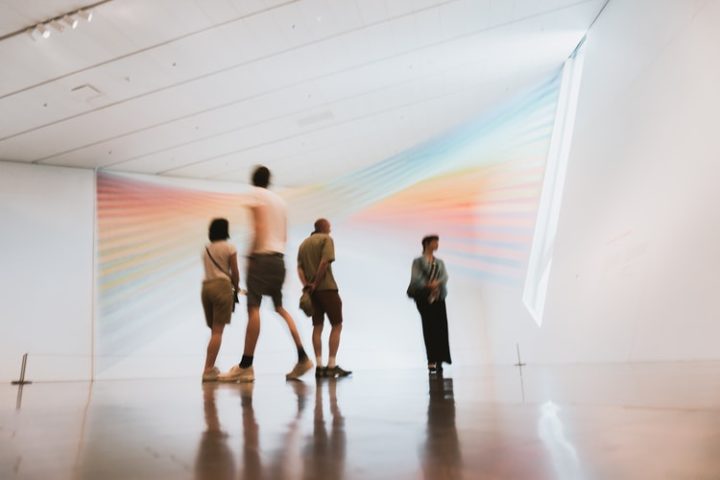August 29, 2019
ICOM Serbia Committee feedback on ICOM’s new proposed museum definition

The National Committee of ICOM Serbia has taken an active part in the global dialogue launched by MDPP Committee on the subject of revising the museum definition by organizing a round table discussion in Belgrade on 18th May 2018 and participating in the talks initiated by the Regional Alliance of ICOM for South-East Europe in Skoplje on 24th May in the same year. ICOM Serbia magazine, published in June 2018, dealt exactly with the current issue of redefining the museum. Back then, it was already concluded that the current definition was not wrong but needed to be expanded by specifying aims and activities that were already or should be in the focus of contemporary museums.
The definition proposed by MDPP and preliminarily adopted by the ICOM Board in July this year is not acceptable since it pushed the museum’s basic function into the background. Museums are not political entities and operate within a setting of different cultural and public policies, which is why the proposed definition deals more with the elements of mission and vision instead of specifically identifying the museum in a contemporary environment.
At the same time, the initiative by a number of national and international committees for postponing the Extraordinary General Assembly may be counterproductive. It slows down the inevitable processes and necessary dialogues, not to mention the extent to which it undermines the credibility of the world’s largest and most respectable museum organization.
In our opinion, the open debate in Kyoto is the right way to hear out all the comments and suggestions, and to reach the most acceptable solution and show the unity of the world’s biggest museum association. To this end, the National Committee of ICOM Serbia has put forward a definition combining the existing definition with the elements of the proposed one in a way which, as we see it, reflects the 21st century museum.
Museums are public, non-profit, permanent institutions in the service of society and its development, which collect, preserve, research, interpret, exhibit and communicate the tangible and intangible heritage of humanity and its environment for the purposes of education, study and enjoyment.
Museums should create democratic, inclusive and participatory spaces for critical dialogue about the past, the present and the future, safeguarding diverse memories for future generations.